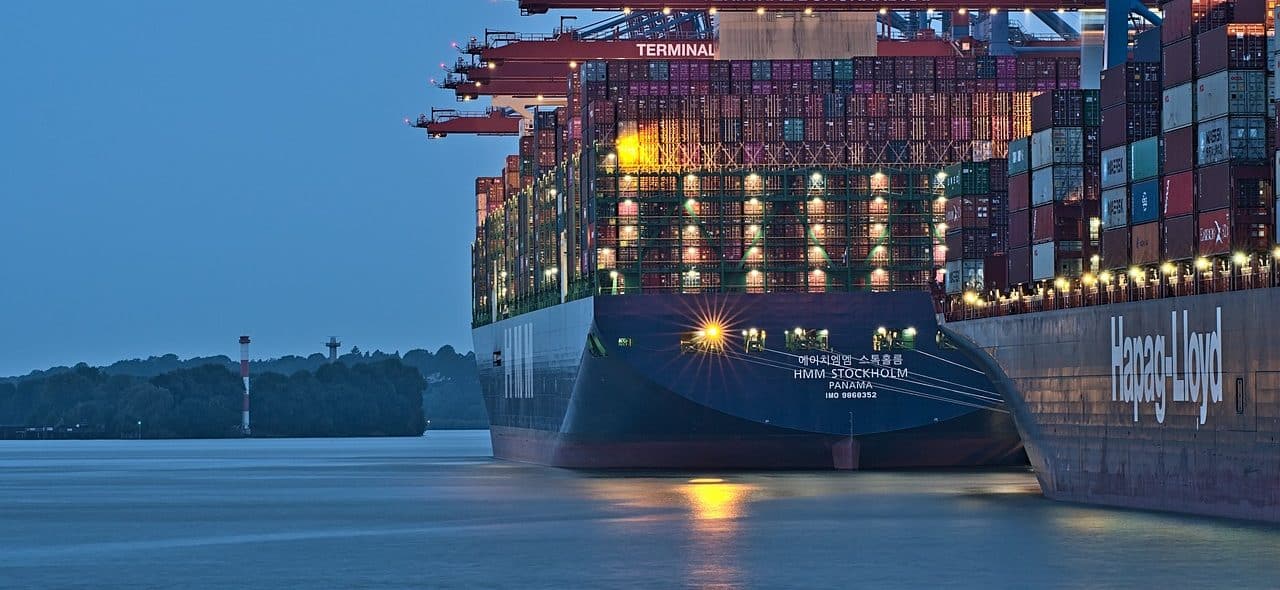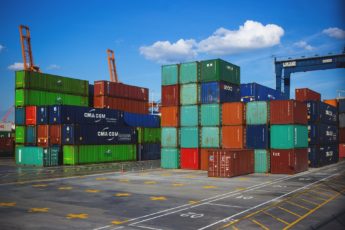Common Mistakes to Avoid When Importing to the UK
This blog will run through the common mistakes which are encountered when importing to the UK. Read on to avoid doing the same!
Missing Information On Customs Declaration Forms
Documents are a constant cause of headaches when importing to the UK. Even the slightest gap in information could lead to serious delays of your shipment, or rejection of goods.
Automated systems validate data in a range of ways, so a simple slip or misplacement could be read as inconsistent and therefore require checks.
While this may be a simple mistake, don’t panic… It’s as equally simple to rectify. If something looks missing on a documentation- that often means it is! Taking the extra time when completing declaration forms will ultimately save hours of hold up in international trade.
No Proof Of Origin When Importing To The UK & EU
Rules of origin determine whether products can be classed as duty-free or reduced duties under the Trade and Cooperation Agreement between the UK and EU.
Listing a country of origin can be straight forward when a product is a wholly grown or manufactured in one place. However, we wouldn’t be here if it wasn’t for the phenomena of importing, would we! Rule of origin can become a little more complex when a products components can be traced across the globe, as different agreements may apply.
Proof of origin is used by importers to determine if the goods are classified as ‘originating’ and can therefore claim preferential tariffs. When importing to the UK, this can be a statement of origin, an invoice, or any commercial document. Alternatively, proof of origin may be granted if the importer is aware that the goods originated in the EU.
No proof of origin will cause complications at border control and inevitability lead to delays. No proof of origin can also mean you lose the opportunity to reduce duty liability. Their can even be penalties for non-compliance, so this is something you certainly don’t wish to routinely miss!
Incorrect Customs Classification
When you plan on importing to the UK (or any other country), any goods require a classification code (also known as a commodity code or harmonised system code). Codes are devised from six to ten-digits and specify what a shipment contains. They are then used by custom officials to categorise goods as well as provide specific details of the shipment.
Classification decides the duty rate a business owes, based on import duties and tariffs. It is also another element which completes the import declaration form. Correct coding also ensures that the relevant legal or safety regulations are adhered to when shipping products.
For any novice making custom declarations, getting the classification right can be a challenge! It’s a common mistake when importing to the UK… Even if a classification error makes no impact to the duty rate, the declaration may still be queried and rejected.
It is the responsibility of importers to make sure the classification code is correct. A code provided by an overseas supplier may not be correct, however this (unfortunately) does not then shift blame to them when you are the importer.
If you are unsure on the classification of your goods, or what duty rates you should be paying for your shipment, head over to out FAQs page.
Supply Chain Changes
A change in supplier could impact your custom declarations when importing to the UK.
Even though the end product has not changed, the slightest alteration to ingredients or materials could effect the goods classification, rules of origin, and contract terms. Documentation will require updating should a new supplier be introduced to your chain.
While at face value a change in supplier may be appealing, it is worth evaluating the impact of doing so through a tax lens. Import VAT could increase down the line due to the sourcing of a new supplier.
Miscalculating The Customs Valuation
Your custom value informs your duty and import VAT calculations. If an error is made early on, it can cause substantial impacts to payments. Customs will be required to estimate the value of your goods, which may increase the overall valuation of your shipment, leading to higher import billings. When done repeatedly, penalties are issued.
Many will calculate their custom value based on the invoice price of goods – the price paid or payable. To avoid miscalculations, you may need to consider buying or selling commissions, distribution fees and licence rights, royalties and transfer pricing adjustments.
Importing To The UK With Shippo
At Shippo, our team have guided clients through UK customs for over 15 years. If you would like to no more about importing to the UK, and custom controls, read our Essential Guide.
Don’t worry if you’re feeling overwhelmed, we know this is a lot of information to grasp. If you are an importer who is now frantically going over and over your documentation and supplier changes… STOP! We are here to help. That’s why they call us experts. Just get in touch today.

